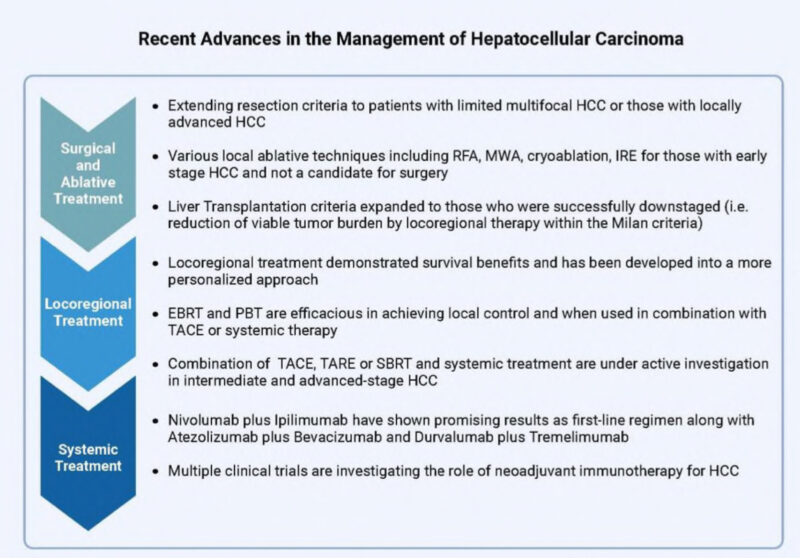The article titled “Hepatocellular carcinoma: updates on epidemiology, surveillance, diagnosis and treatment” was published online ahead of print on December 26, 2024, in the journal Clinical and Molecular Hepatology.
The study was authored by Soo Young Hwang, Pojsakorn Danpanichkul, Vatche Agopian, Neil Mehta, Neehar D Parikh, Ghassan K Abou-Alfa, Amit G Singal, and Ju Dong Yang.
The main purpose of the study was to provide an updated overview of hepatocellular carcinoma (HCC), focusing on its epidemiology, surveillance strategies, diagnostic methods, and treatment options.
Hepatocellular carcinoma (HCC) is the third leading cause of cancer-related mortality worldwide. While HCC from chronic HBV and HCV has declined due to vaccination and antiviral therapy, cases related to MASLD and ALD are rising. Surveillance relies on biannual ultrasonography and α-fetoprotein, with emerging alternatives like blood-based biomarkers and abbreviated MRI. Diagnosis is typically made with multiphasic CT or MRI, though histological confirmation may be needed for inconclusive cases.
Staging and treatment require a multidisciplinary approach, considering tumor burden, liver function, and patient factors. Curative options (resection, ablation, transplantation) are preferred for early-stage HCC, while intermediate-stage disease is managed with locoregional or systemic therapies. Advanced-stage HCC is primarily treated with ICI-based therapy. This review covers HCC epidemiology, risk factors, and the care continuum.



